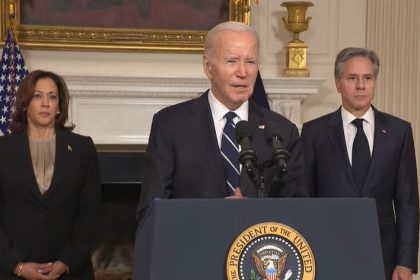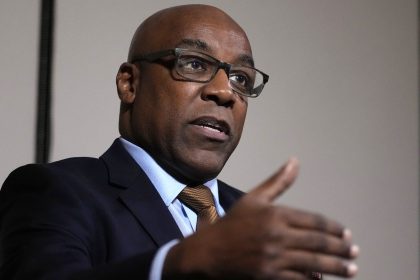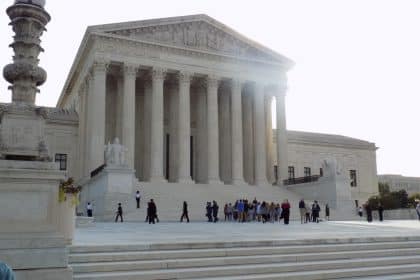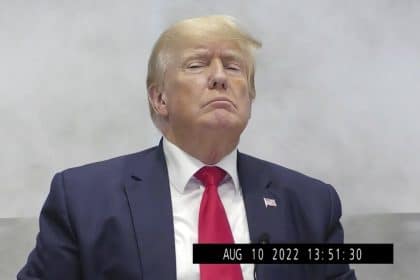Prosecutors Oppose Inmate Releases Despite Jails Spreading Coronavirus
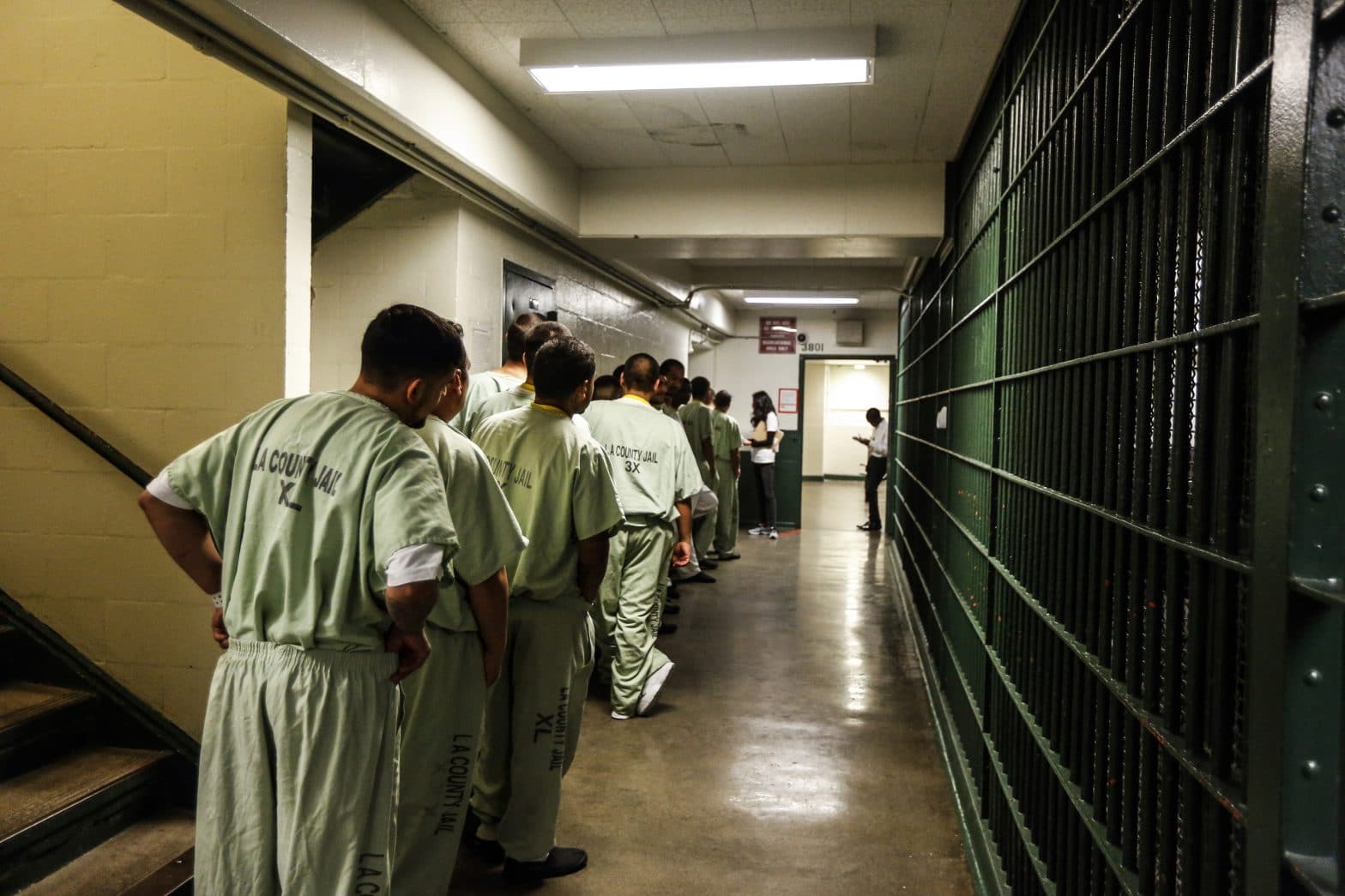
WASHINGTON – Some federal prosecutors are opposing the trend of granting inmates supervised release from jail to prevent the spread of coronavirus.
In U.S. District Court filings, federal prosecutors argue most of the inmates asking for home confinement instead of jail have failed to prove they are at risk of contracting the disease. They also say the inmates cannot prove they no longer create a danger to the public.
Some judges agree with the prosecutors but an equal number say risks from the pandemic are a higher priority.
The rulings coincide with the spread of the deadly virus in jails nationwide, perhaps turning them into incubators for the disease, according to medical experts.
“It should not surprise the court that scores of detained defendants have emerged alleging various underlying health conditions,” says a filing by prosecutors this month in U.S. District Court for the District of Columbia.
However, “the government is left to speculate as to the nature of the condition, the acuteness of the condition and whether the risk justifies the extraordinary acquiescence to release,” the filing says.
Only a few miles from where prosecutors are arguing their cases in the nation’s capital, jail guards tried to halt an inmate protest this week over the coronavirus lockdown. Inmates were shouting in protest through their cells and refusing to take their hands out of food slots.
They say they have not been allowed to shower for days, call their families on phones or contact their attorneys.
The number of inmates in Washington, D.C., diagnosed with coronavirus is approaching 150.
Similar diagnosis rates are showing up among jail populations in Chicago, Detroit, three state prisons in Ohio and elsewhere nationwide.
A disturbing finding of mass testing is that 96 percent of the inmates who tested positive for coronavirus showed no symptoms, according to a review of testing records by the news agency Reuters.
The high rate of asymptomatic inmates could indicate they are the carriers who are speeding the spread of the virus, not only in jails but also the general population.
The United States has the world’s highest incarceration rate with nearly 2.3 million prisoners, according to the U.S. Bureau of Prisons.
The prosecutors say they are not opposed to all prisoner releases, only the ones where the danger to society is greater than the health threat. They want the petitions for release decided on a case-by-case basis.
One recent petition that was denied came from a man awaiting trial on several outstanding warrants.
Prosecutors argued in a filing that “the defendant’s chief argument is that he has asthma and thus, he needs to be released … Respectfully (and sadly), this should come as no surprise to the court or the parties. The idea that [the Department of Corrections] would emerge unscathed from a global pandemic is doubtful. The real inquiry is the balance of interests.”
Another petition that was denied came from a man charged with repeatedly sexually assaulting a minor.
“Although the defendant is in an age group that may be more susceptible to the virus … any heightened risk posed by pretrial detention does not outweigh the presumption in favor of detaining the defendant pretrial,” U.S. District Court Judge Beryl Howell wrote.
In a separate case of a man jailed while awaiting trial on gun and drug charges, U.S. District Court Judge Randolph Moss decided to release him under house arrest.
The judge said he “is now convinced that incarcerating the defendant while the current COVID-19 crisis continues to expand poses a greater risk to community safety than posed by the defendant’s release to home confinement.”
The ruling added, “The risk of the spread of the virus in the jail is palpable, and the risk of overburdening the jail’s healthcare resources and the healthcare resources of the surrounding community is real.”




















